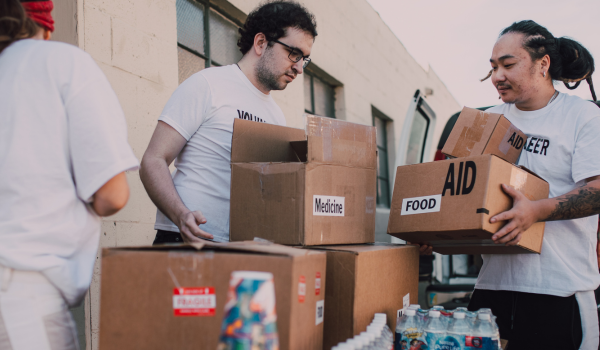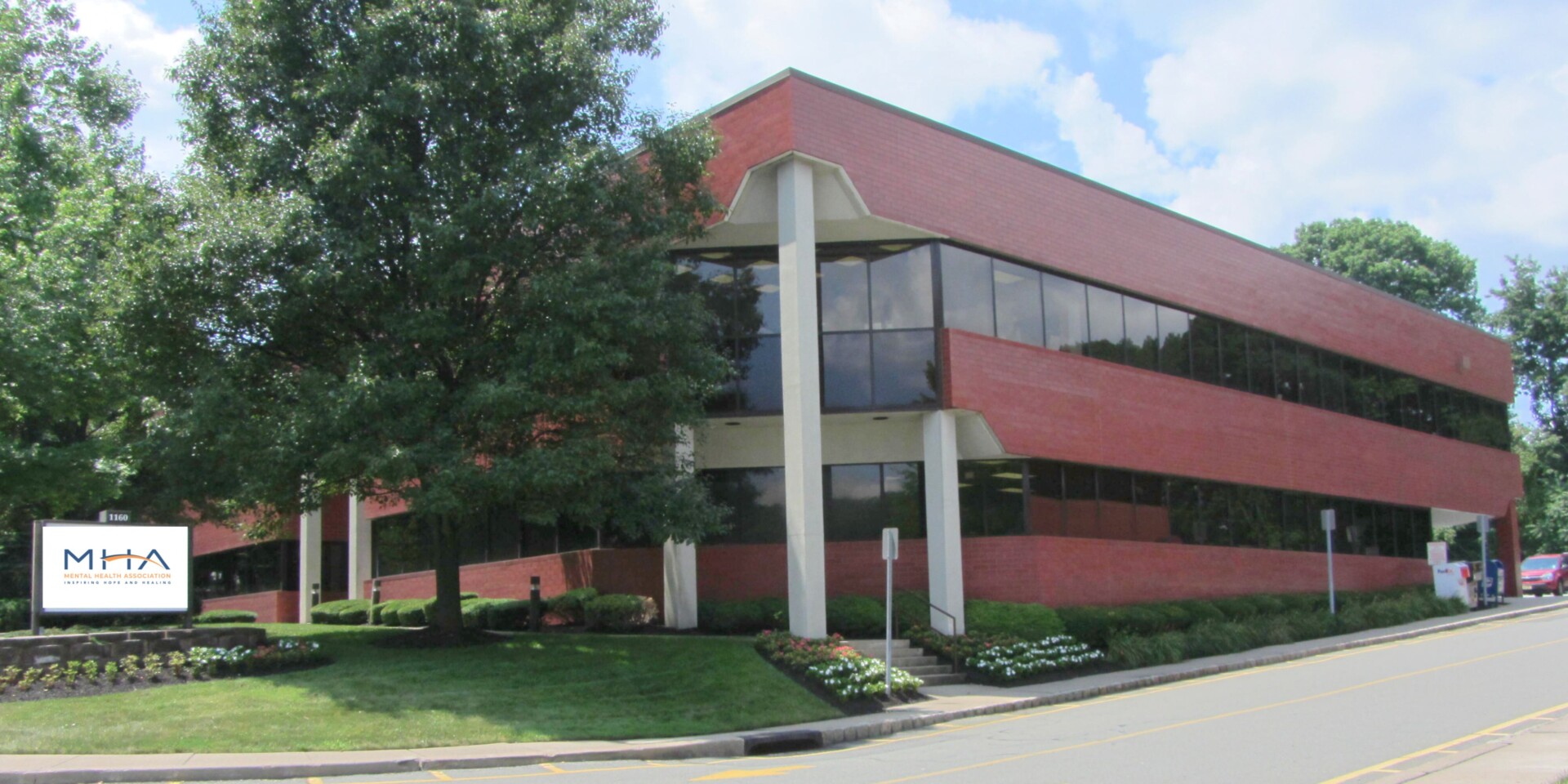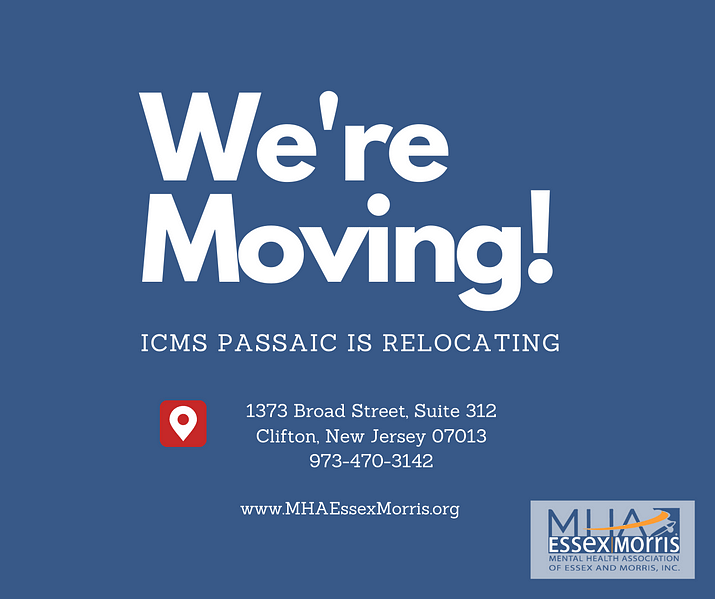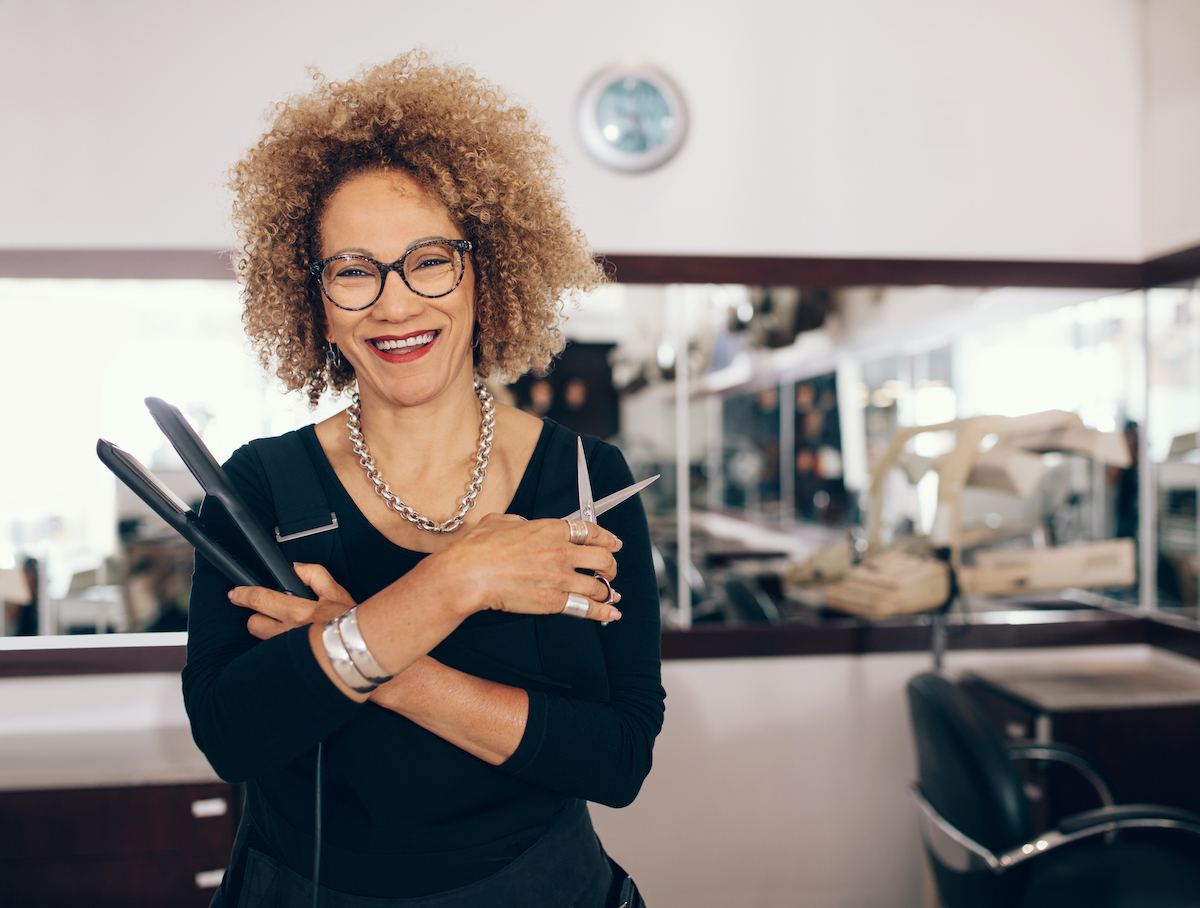By Katie Newman, Writer and Research Assistant at MHAEM (Sophomore, University of Washington).
We’ve made it nearly a full rotation around the sun since the dreaded COVID-19 virus reared its ugly head in the United States. We have dealt with many disappointments; the stay-at-home order, canceling summer plans, finishing the 2019 school year and beginning the 2020 one online, and seeing a second wave of new cases since Thanksgiving. The one time we haven’t yet experienced during our “new normal” is the winter holidays.
The holidays can be a trying time for anyone. Traveling is stressful, being with family can be draining, and the days are getting shorter and colder. On top of these difficulties, the pandemic has introduced barriers to traveling, seeing family, and enjoying a stress-free holiday season. It’s important to consider the toll this can take on people’s mental health, especially those with pre-existing mental health conditions.
Genaya Palmer, MA, LAC, NCC, is the Team Leader of the NJ Hope and Healing Crisis Counseling Program (CCP) at the Mental Health Association of Essex and Morris (MHAEM). The CCP was started in September 2020 to help people cope with the effects of the pandemic and offer them support during troubling times. While the program is dedicated to supporting Essex and Morris county residents, the CCP is accepting calls and offering short-term mental health services to anyone who calls this number (973-509-9777) or texts this one (973-380-0507).
Palmer also started the Holiday Discussion Group in early November, that meets over Zoom every Monday evening, to help NJ residents cope with feelings of isolation or grief that arise around the holidays. She explained the importance of this resource for the people who utilize it. “Overall I think it’s just having people recognize that they’re not alone, they’re not the only ones who may be having a similar problem or feeling,” she said. “There’s someone out here that you could speak to… and just talking it out can be a little bit of help.”
The CDC recommends staying home with the loved ones you live with for holiday celebrations, but what about those who live alone, or do not have family members with whom they can spend the holidays? The winter can be an incredibly lonely and isolating time, which has only been exacerbated by the quarantine.
Jennifer Stemmermann, LCSW, owns a private practice in South Orange, NJ, but has been working with clients remotely since the pandemic began. “I think for people who have experienced trauma and along with that with COVID, there’s this feeling that there is this big thing that’s out of their control. And so someone who’s experienced a traumatic loss or a traumatic event, they have that similar feeling [surrounding COVID],” said Stemmermann. “And the holidays are just adding an extra weight to it.”
Stephanie Lyon, a clinical psychologist who also owns a private practice in South Orange, and faculty member at Rutgers University, expanded on Stemmermann’s point about loss during the holiday season.
“And then of course there’s the families that have lost people due to COVID,” said Lyon. “Where there’s this added element of grief going through the holiday season for the first time for people who were lost during this pandemic.”
Lyon also explained the changes she’s seen in her clients over the past few weeks. “Something that I’ve heard over and over again is people being surprised by how hard it is for them. We’ve been in this pandemic now for nine, ten months, we’re sort of used to it,” she said. “But I think the holidays are hitting home for people more than they’re expecting.”
Seasonal Affective Disorder (SAD) affects just under half a million people in the U.S. during the winter months, and the symptoms of this disorder are almost identical to those of depression; feelings of sadness, loss of appetite, trouble sleeping, etc. Those experiencing symptoms of SAD or any other mental health disorder, combined with usual holiday stress and COVID restrictions, are struggling more than usual this holiday season.
Palmer observed instances of SAD during her work at the CCP. “It’s definitely affecting a lot of people’s moods, the fact that the sun goes down so early, and the weather has changed,” she explained. “So a lot of people are feeling even more isolated in that sense, because of their disconnect with others outdoors.”
Lyon shared some advice that she gives her clients who are feeling down during the holidays. “It’s okay to be missing people, it’s okay to be grieving. It’s okay to make space for those feelings,” she said.
Stemmermann said that she tells her clients to make sure they are taking care of themselves on a basic level when they’re struggling with a mental health crisis, like getting enough sleep, eating some nutritious meals, and keeping themselves physically active. She also spoke to the power of mindfulness.
“Strive to be in this present moment, because… when our anxious mind is taking over, there’s no solution,” Stemermann advised. She suggested people remind themselves, “‘I’m here today. How can I bring some pleasure or calmness or enjoyment out of today?’”
Lyon looked at the 2020 holidays as a way to think of new ways of connecting with loved ones. “I think that this is a time for people to get creative with how they see family,” she said. “[You can] go for a walk or go for a hike or watch a movie together on a[n online] platform… but it’s not the pressure of an awkward family Zoom meeting.”
Stemmerman described some of the positive impacts that the pandemic has had on our society. “It distills in all of us.. what’s most important,” she said. “It does create this opportunity to really listen and be with people who are in your family or maybe realize important connections with friends who aren’t even nearby.”
This holiday season brings yet another obstacle to navigate during the COVID-19 pandemic, and a feeling of exhaustion is setting in. But I think the holidays, a time for reflection and gratitude, can bring us some solace this year. We can take this time to look back on what has been lost, and grieve those losses, but also to recognize what we’ve gained. A collective resilience has developed this year, as we maneuver our way through personal losses, national unrest, and constant uncertainty. We can head into the New Year with a new sense of confidence in our ability to cope with constant change.





 Our Integrated Case Management Services (ICMS) Passaic County location relocated on October 18, 2021, to 1373 Broad Street, Suite 312, Clifton, New Jersey 07013.
Our Integrated Case Management Services (ICMS) Passaic County location relocated on October 18, 2021, to 1373 Broad Street, Suite 312, Clifton, New Jersey 07013.
